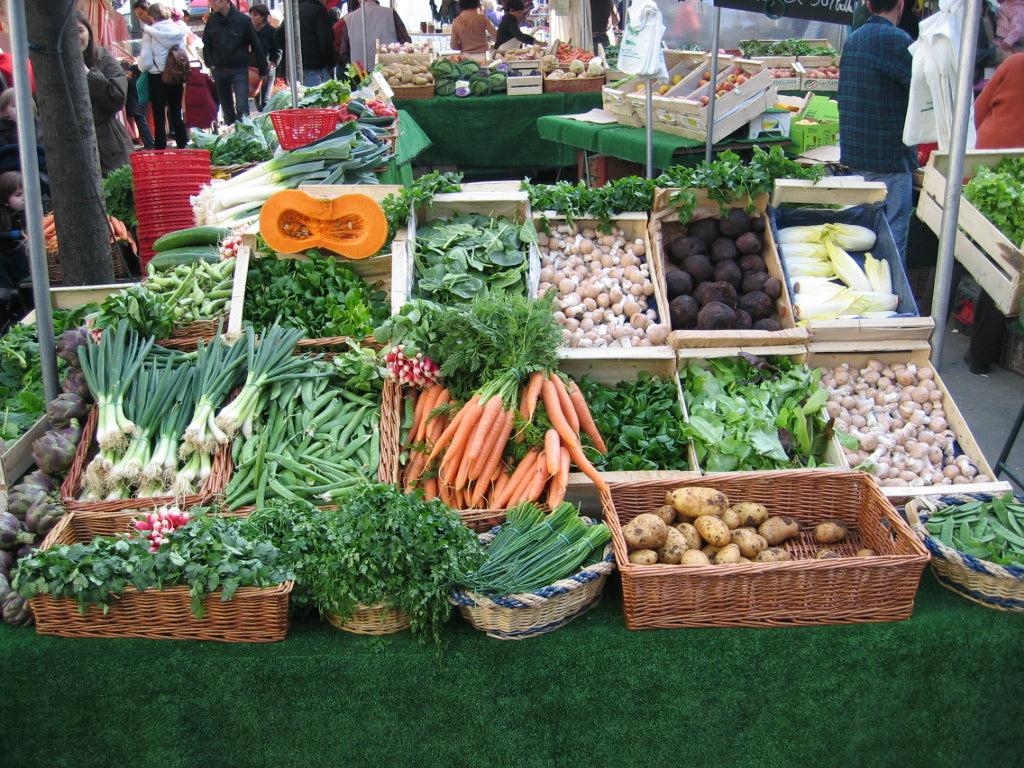The word eczema means ‘boiling over’ and that is a good term to describe the skin irritation and inflammation that characterise this condition. Atopic eczema is the form of the condition which is triggered by allergy and related to asthma and hay fever. In some cases, the allergic trigger is a food, which suggests that an eczema diet may help to relieve symptoms. Food-related eczema is most common among young children. The most common of these food triggers are: cow’s milk, eggs, soya, wheat, fish and nuts. The best way of identifying such foods and thereby planning an eczema diet is to start with an exclusion diet. Here’s how to do it:
- Keep a careful food diary to see which foods seem to trigger the symptoms
- Remove all sources (read the labels on food products carefully) for two to six weeks. Did the eczema symptoms improve?
- Now try a small amount of the suspect food(s). Do the symptoms return?
- If the answer to these two questions is yes, then plan your eczema diet on the basis of eliminating these foods.
Elimination diets can lead to more health problems, especially among young children, so don’t adopt this approach to managing eczema without having qualified and interested healthcare professionals on board to supervise the process. This way, you are far more likely to be successful with your eczema diet.
It may also be useful to adopt a ‘healthy eating’ approach to an eczema diet. Foods to be avoided include:
- Refined carbohydrates, sugar
- Animal protein, especially red meat
- Saturated fat, including dairy foods
Foods to include in the healthy eating approach include:
- Whole grains/complex carbohydrates
- More fruit and vegetables, especially yellow and green vegetables and red and dark berries
- Fats in seeds (pumpkin, sesame, sunflower)
- Vegetarian protein – beans, lentils, pulses
- Yoghurt (check it is bio-active) to help balance gut bacteria
Cleaning up your diet like this could make all the difference to your eczema – and will certainly benefit your overall health.
We need more research into the eczema diet – which foods help, which ones hinder. From the limited evidence available, it does look as if the following may be worth including in the diet:
- Probiotics
- Fish oil supplements
- Green tea
A healthy eczema diet is only one element in the approach to managing this complex chronic condition. Careful skin care and avoidance of airborne triggers such as house dust mite, toiletries and household chemicals are equally important.




